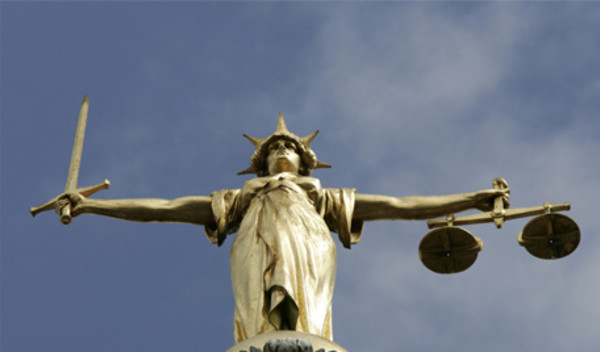

The case was brought by unregulated investment scheme Harlequin against accountancy Wilkins Kennedy, over claims the latter firm was involved in a conflict of interest with a property developer hired by Harlequin.
Wilkins Kennedy were retained by Harlequin between 2006 and 2010 to provide financial and business advice focused on helping to build and create the investment scheme’s flagship Buccament Bay Resort in St Vincent and the Grenadines.
In the ruling yesterday (12 December), Judge Mr Justice Coulson found that Wilkins Kennedy was at fault in failing to properly advise Harlequin.
However in a move to protect Harlequin investors, the judge proposed the damages should be paid into a ringfenced escrow account for investors, rather than go to Harlequin or its chairman David Ames, with the judge stating he hoped such ringfencing to protect investors' interests could be done by agreement.
“That seemed to me to be the fairest way of ensuring that those who have lost the most in this case, namely the investors, had at least some prospect of recovering some of their money from this Judgment,” Mr Justice Coulson said.
The High Court judge gave a damning description of the Harlequin investment scheme, comparing it to a Ponzi scheme aimed a gullible investors.
He said: "It is important not to pull any punches when describing the Harlequin business model. There were elements of it which were similar to what might be called a 'Ponzi' scheme, where the money paid in by gullible investors was not spent as they thought it would be, but the scheme grew by word of mouth and those responsible for it became rich, whilst the investors ended up with nothing.
"I note that...Harlequin's then solicitors, DLA Piper, expressed their concern that the Harlequin business model was indeed a 'Ponzi' scheme.
"Furthermore, at one point in his oral evidence, in connection with the Harlequin business model, Mr Ames made the revealing remark that "I was not going to build properties that I had not sold". It might be thought that a better long term business plan would have operated the other way round."
Harlequin founder David Ames said outside of court: “We have lived with the failings of Wilkins Kennedy and the nightmare of this case for years.
"The impact their actions have had on our investors, the success of our business, our public reputation, the happiness of our family and our own health is undeniable.
"Wilkins Kennedy should be holding their heads in disgrace. I trusted them as my accountants.
"Today we have, at last, some justice. Tomorrow, we return to fighting to rebuild our business.”
Tom Govan, communications director at Wilkins Kennedy, said in a statement: “Although disappointed that the court did not dismiss the entire case, we are pleased that it has rejected the vast majority of Harlequin’s claim.
"The judge has rejected all allegations brought against us, apart from one. This related to the contractual relationship between the builder and the developer, where the judge viewed both parties to have contributed equally to losses arising from deemed overpayments to the builder.
"We are taking legal advice with a view to appealing this aspect of the judgement.”
laura.miller@ft.com



